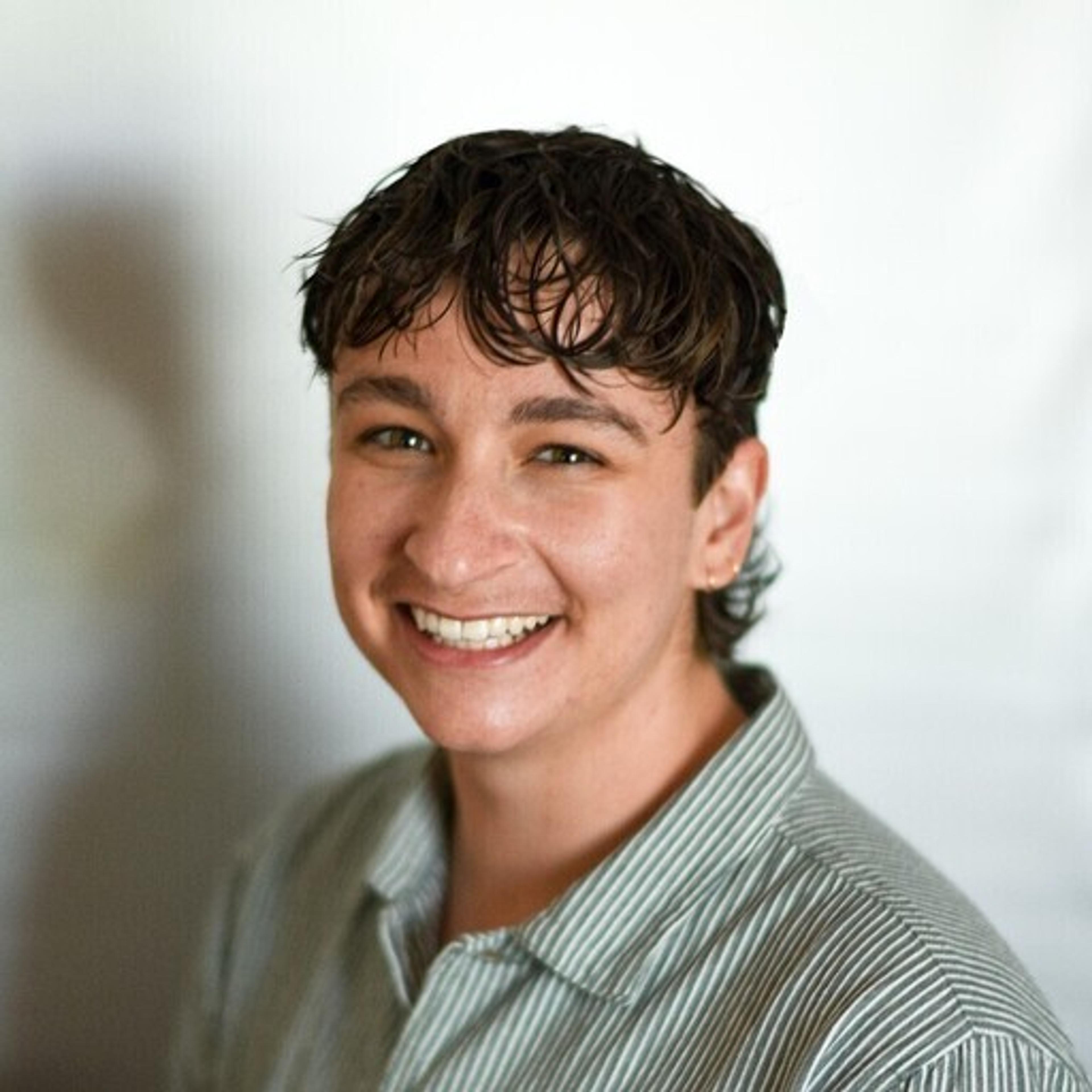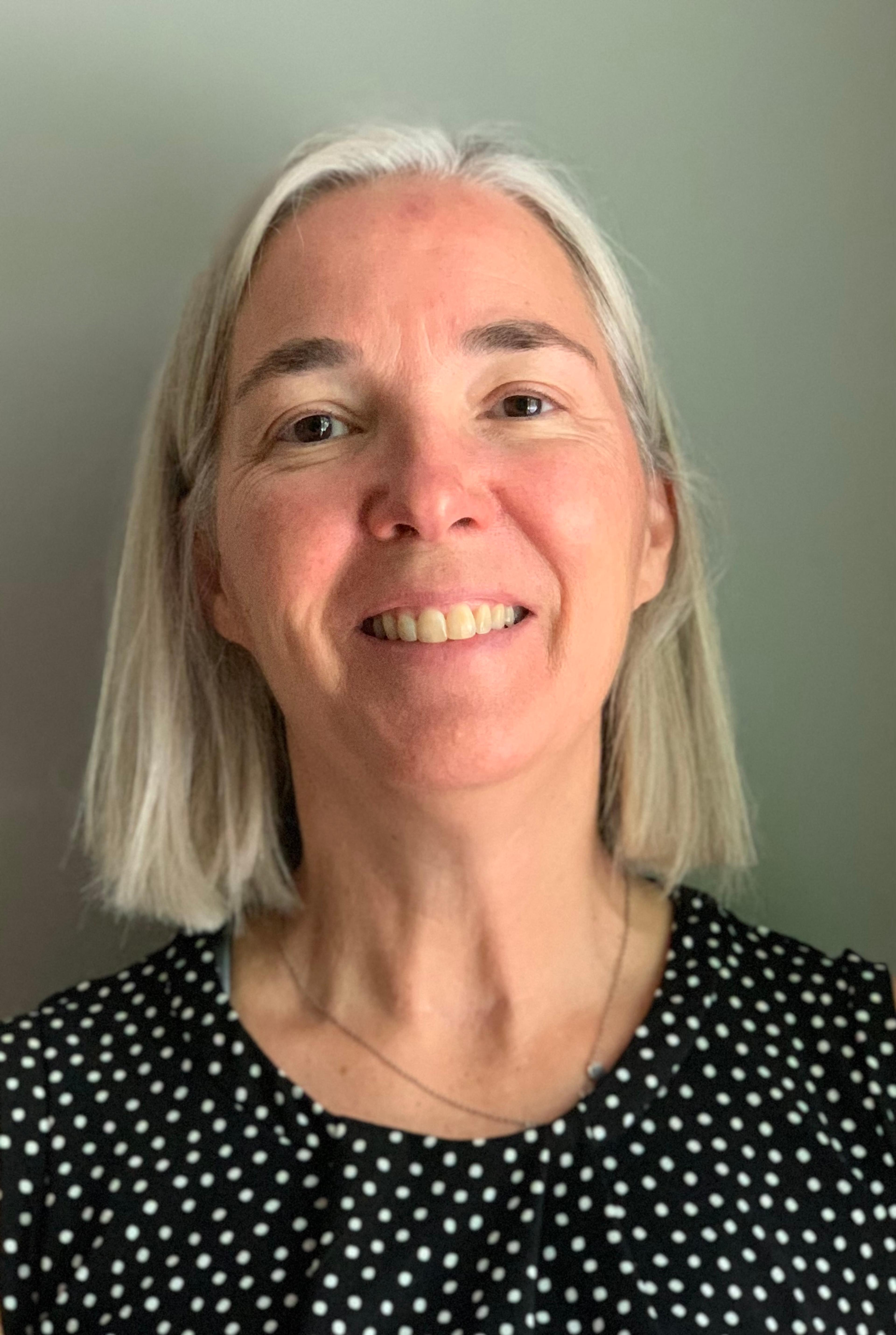
If you or a loved one are struggling with eating disorder symptoms, getting the right care is your top priority. There are many eating disorder treatment options, each with their unique benefits and downsides, and it can be an overwhelming maze to weave through. One option that you may have come across is a partial hospitalization program (PHP) — sometimes also referred to as “day treatment” — which is a common treatment format for people struggling with mental health disorders, including eating disorders. But what, exactly, is PHP for eating disorder treatment?
In short, a partial hospitalization program is a treatment option for patients with mental health disorders that don’t require 24/7 supervision but do require a significant amount of structure and care. While PHPs can be the right choice for some patients, it’s important to know that if you are deemed medically stable (a requirement to begin PHP), there are other choices available, including virtual treatment. Deciding on a treatment program is an important choice, so it’s essential to understand all the ins and outs of each option and think carefully about which one is right for your needs.
Read on to learn the basics of PHP for eating disorder treatment, whether or not virtual treatment is a viable alternative, and the signs that it’s time to seek professional help.
What is PHP and how does it work for eating disorder treatment?
A partial hospitalization program (PHP) is a treatment program for people struggling with a mental health disorder. PHP allows patients to receive care during the day in a safe, structured environment, then return to their own home at night.
PHP for eating disorders is an outpatient treatment option for patients who are medically stable but still require a structured treatment plan as they move along their journey to recovery. PHP for eating disorders generally run five to seven days a week, and each day includes five to 10 hours of extensive, personalized care.
The goal of a PHP is to provide consistent structure and accountability throughout eating disorder recovery with individual therapy sessions, supervised meals, group therapy, medical check-ins, and psychiatric medication management. It’s often an option for those who are transitioning out of residential care as a step down before returning full-time to their day-to-day routine or for those who haven’t made progress in a lower level of care, like traditional outpatient treatment.
It’s important to note that, despite the name including “hospitalization,” PHP doesn’t always take place in a hospital setting, though it may.
Can virtual outpatient care replace PHP for eating disorder treatment?
When you’re trying to determine the best eating disorder treatment for yourself or a loved one, it’s important that you consider each option alongside your needs and the demands of your daily life. While PHP may be effective for some people, it’s not always the most accessible route: for one thing, jobs and school aren’t compatible with the hours of PHP, meaning you’d need to take time off from work or school. What’s more, PHPs have limits on the number of patients they can treat, meaning you may spend several weeks or even more on a waitlist before treatment can begin. It’s also entirely possible that there just isn’t a center in your area (25% of Equip patients living more than 20 miles away from a treatment facility).
Financial barriers can also make PHP inaccessible. They can cost an average of $2,000 per day and may not be covered by insurance, or be covered only partially by insurance. If they are, that insurance authorization often runs out before a patient is fully ready for discharge.
Eating disorder treatment is all about helping you work toward recovery by improving your nutritional, psychological, emotional, and behavioral patterns and learning how to integrate those changes into your own life. While it’s entirely possible to do that in PHP, it can be more difficult: when treatment and life exist in two distinct bubbles, translating your recovery-supporting habits to your day-to-day after discharge can be very challenging. When you’re able to recover at home, incorporating family and other supports into your treatment while still facing the challenges of everyday life, it provides a more sustainable framework to continue on the road to lasting recovery post-treatment.
Equip is an effective alternative to PHP for eating disorders because we provide:
- Virtual outpatient treatment: Flexibility plays a huge role in someone’s ability to access eating disorder treatment. That’s why we offer virtual outpatient treatment, allowing you to get care that meets you where you are, working around your schedule and helping you prioritize your own health while continuing to manage your day-to-day responsibilities.
- Wraparound support: Eating disorders affect more than one part of a person: they have physical, psychological, emotional, and nutritional ramifications. That’s why we match each patient with a five-person multidisciplinary care team. The team includes a medical provider, therapist, dietitian, peer mentor, and family mentor. Loved ones are always included in treatment for our young patients; for our adult patients, we encourage your friends and family to be involved so that they can learn more about eating disorders and provide additional support.
- Proven results: At Equip, we use evidence-based therapy. Evidence-based therapy leads to long-lasting results for sustainable recovery: more than 80% of our patients experience an improvement in their eating disorder behaviors, 74% report reduced depression and/or anxiety, and the average patient sees their eating disorder symptoms decrease by half within their first four months of treatment.
How to know it’s time to consider eating disorder treatment
It’s not always easy to admit to yourself that you’re struggling, or that someone you love is struggling. Many people with eating disorders (especially anorexia) also struggle with anosognosia, meaning they don’t actually recognize that they’re sick. But if you’re able to notice disordered behavior and thought patterns related to food and body image in yourself or your loved one, that’s an important first step toward recovery.
Here are a few signs that you or a your loved one would benefit from treatment:
- Your eating disorder symptoms are persistent or worsening
- You’ve experienced notable weight fluctuations and related medical issues
- You’re isolating yourself from loved ones
- Your eating disorder is interfering with your productivity and motivation
While PHP works for some patients with eating disorders, virtual outpatient treatment provides a more accessible alternative. The program at Equip is evidence-based and specifically designed to work for patients with all levels of eating disorder severity or acuity, as long as they’re medically stable (making it a viable alternative to PHP).
Treatment should fit into your life, not the other way around. Get in touch with our team today for more information or to schedule a free consultation.
About Maria La Via, MD
Dr. Maria La Via, a Supervising Child and Adolescent Psychiatrist at Equip, is an experienced child, adolescent and adult psychiatrist focusing on working with individuals struggling with an eating disorder. Dr. La Via has a demonstrated history of working across various healthcare settings, including inpatient, residential, partial hospitalization, intensive outpatient, and outpatient care, as well as in clinical research. Skilled in Clinical Supervision, Psychological Assessment, Psychopharmacology, Cognitive Behavioral Therapy (CBT), and Family Based Treatment, Dr. La Via is also an Adjunct Faculty member at the University of North Carolina at Chapel Hill.
1. “Cost of Eating Disorder Treatment.” Project Heal. https://www.theprojectheal.org/cost-of-treatment. Accessed 15 Jan. 2024.
2. Simpson, Courtney C., et al. “Predictors of Stepping Up to Higher Level of Care among Eating Disorder Patients in a Partial Hospitalization Program.” National Library of Medicine, https://www.ncbi.nlm.nih.gov/pmc/articles/PMC8336564/. Accessed 16 Nov. 2023.









